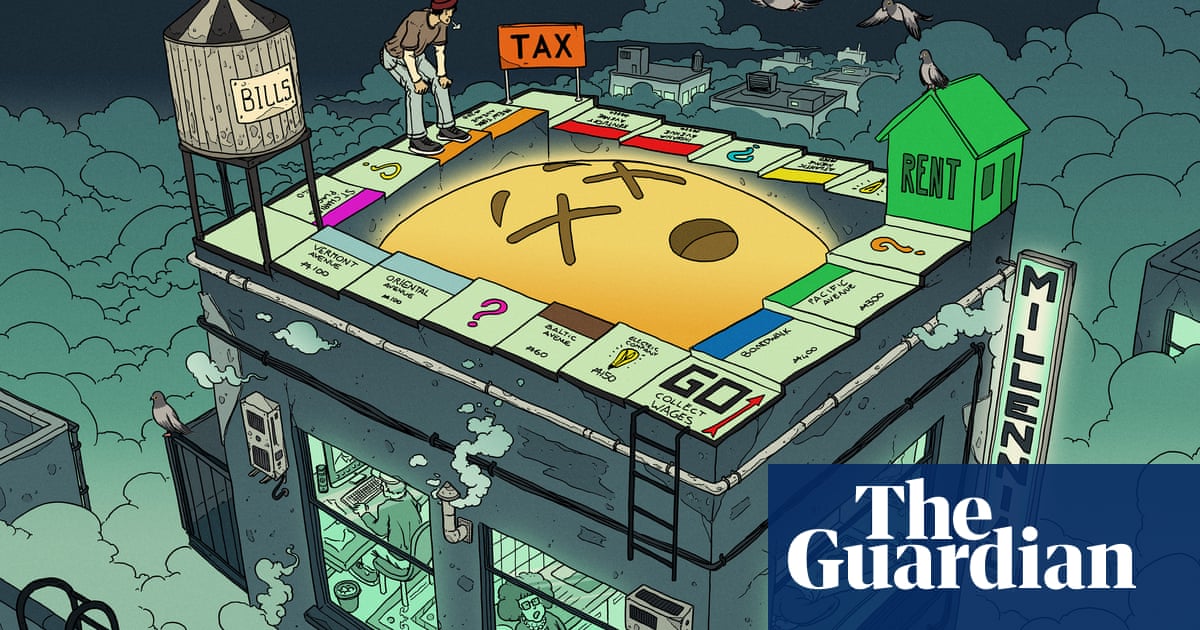- cross-posted to:
- [email protected]
- cross-posted to:
- [email protected]
Claire*, 42, was always told: “Follow your dreams and the money will follow.” So that’s what she did. At 24, she opened a retail store with a friend in downtown Ottawa, Canada. She’d managed to save enough from a part-time government job during university to start the business without taking out a loan.
For many years, the store did well – they even opened a second location. Claire started to feel financially secure. “A few years ago I was like, wow, I actually might be able to do this until I retire,” she told me. “I’ll never be rich, but I have a really wonderful work-life balance and I’ll have enough.”
But in midlife, she can’t afford to buy a house, and she’s increasingly worried about what retirement would look like, or if it would even be possible. “Was I foolish to think this could work?” she now wonders.
She’s one of many millennials who, in their 40s, are panicking about the realities of midlife: financial precarity, housing insecurity, job instability and difficulty saving for the future. It’s a different kind of midlife crisis – less impulsive sports car purchase and more “will I ever retire?” In fact, a new survey of 1,000 millennials showed that 81% feel they can’t afford to have a midlife crisis. Our generation is the first to be downwardly mobile, at least in the US, and do less well than our parents financially. What will the next 40 years will look like?



Social security is funded by government bonds.
Bonds are just a promise the government makes to pay a certain amount of money at a certain amount of interest after a certain time has passed.
They aren’t stacking gold bars in fort Knox.
(They might or might not be stacking gold, they just aren’t paying for social security that way.)
SS has always been a funded by the promise to pay it. I don’t understand what you mean by “stealing”
No one has been paid less than they are owed just because SS ran a surplus for 60 years.